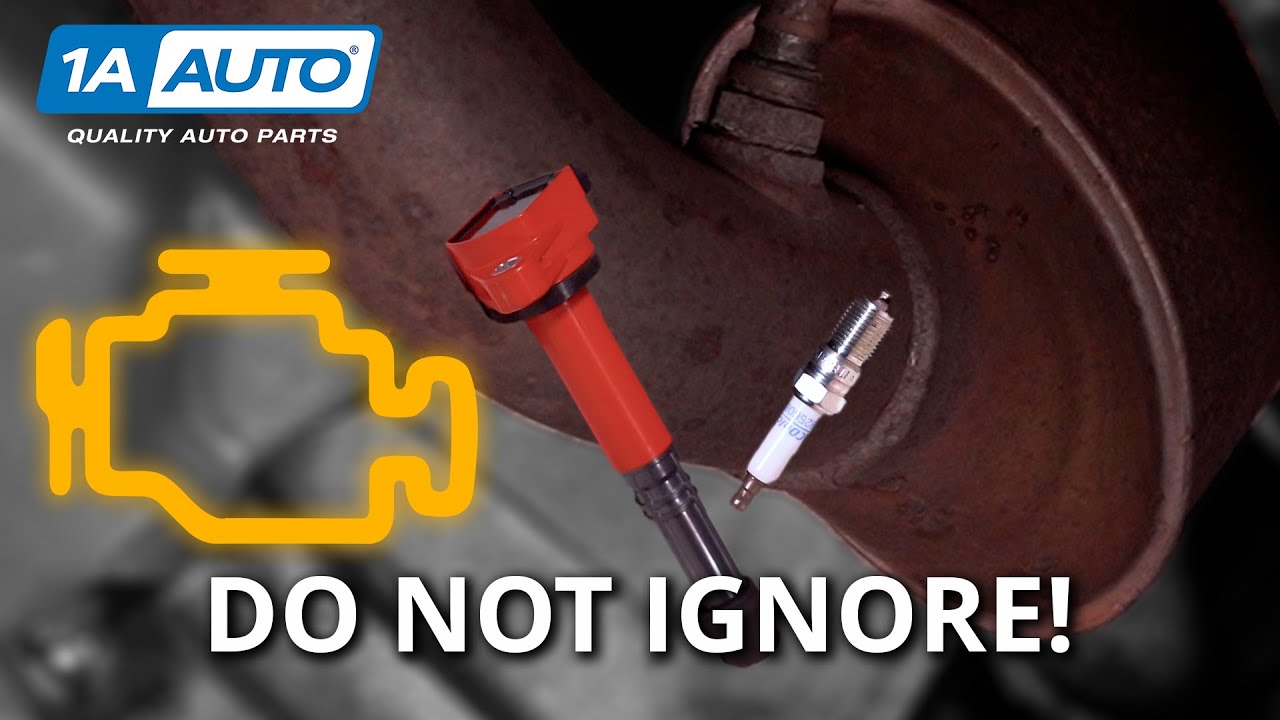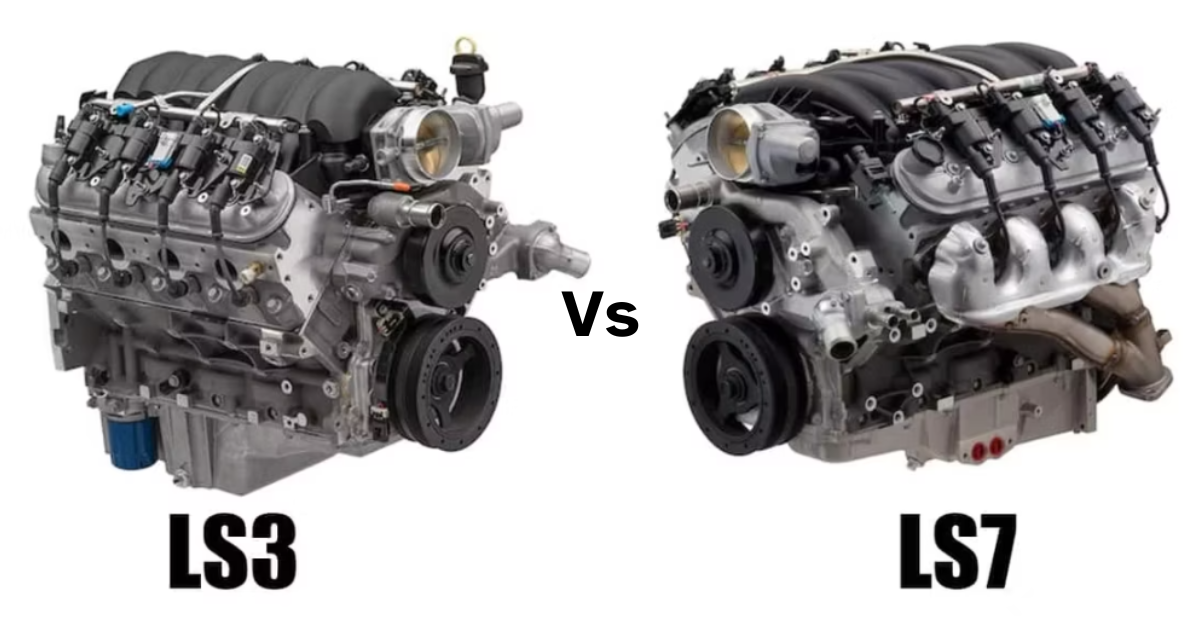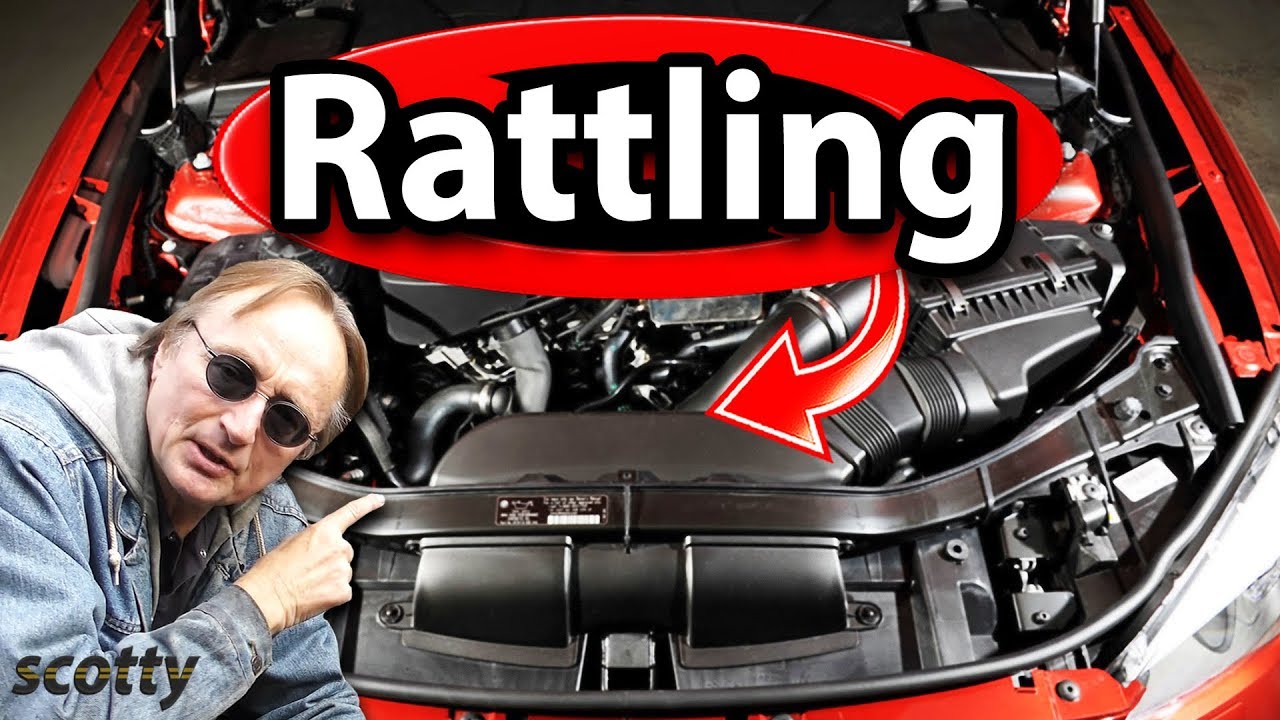Does the engine’s ticking sound indicate something that needs your attention? Well, it’s debatable. Such commotion can be caused by a few things. Either the environment or malfunctioning engine components could be to blame. When an engine is in motion, it may create clicking noises as it interacts with its components.
Some sounds should really worry you, while others shouldn’t. The clicking sounds are most noticeable whether the car is moving, accelerating, idling, or starting up. If you’ve heard a clicking sound coming from your engine, I’ll explain what it could be and how to remedy it.
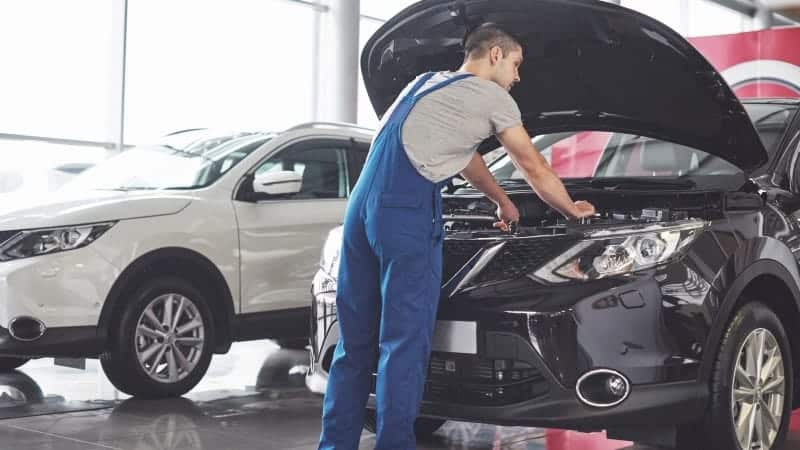
The reason why my car’s engine ticks or clicks
A quick refresher: engine parts can either rotate or reciprocate. Plus, the clicking sound you typically hear is likely caused by the reciprocating pieces.
Rotating parts, such worn out bearings and other malfunctioning add-ons, could be at blame as well. This is because, as they continue to spin, they produce whining sounds.
Conversely, when moving, components of reciprocating engines often produce sounds like clicking, clunking, or ratcheting. Parts that move back and forth include pushrods, rocker arms, pistons, valves, and rods.
Reason For Engine Ticking Noise
The following are reasons why your engine is making a clicking noise.
- Normal Wear And Operating Noise
- Misadjusted Valves
- Faulty Lifters
- Filter Spacing issues
- Low Engine Fluid
- Not Using The Right Oil
- Oil Filter Issues
- Contaminated Engine Oil
- Rod Knock
- Damaged Spark Plugs
- Faulty Drive Pulleys
- Poor Maintenance

What Can I Do If My Engine Is Making a Ticking Sound?
Many causes might cause an engine to make a ticking sound, therefore finding a solution to that sound is not always easy. Therefore, in order to resolve this issue, it will be necessary to employ several ways.
- Change Or Top Your Engine oil
- Use Oil Additives to Clean Oil and Engine parts
- Change Damaged Spark plugs
- Adjust Valves
- Adjust Lifter Spacing
- Replace Engine Pushrods
- Replace Bad Oil Filters
- Change Faulty Or Worn Out Pulley Drives
- Change bad bearings
- Fix Exhaust Manifold leaks.
Is an engine that Makes ticks Sound bad?
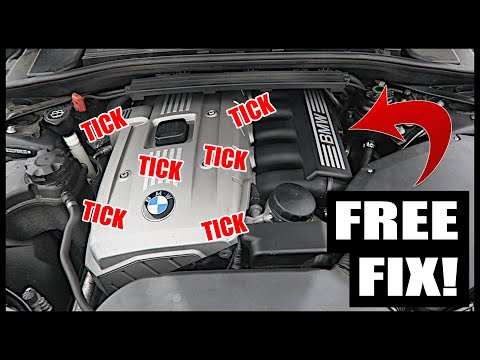
The engine turns over for a variety of reasons. Possible causes include engine operations or broken engine components. Ticks aren’t necessarily a cause for concern if they’re associated with normal engine functions, including fuel injector motion.
But if those are the results of broken engine parts, then that’s unacceptable. Avoiding engine troubles would be easier if you knew how to silence the dangerous ticking sounds.
Is That a Clicking Sound Coming From Under The Hood?
Lifters might be to blame for the clicking noise coming from under the hood. A noisy lifter could be the result of a broken lifter, oil contamination, or a bent pushrod.
The Sound of a Ticking Engine: What Does It Indicate?
A malfunctioning alternator, battery, spark plugs, or other electrical component could be the reason of your car’s inability to start, even when the engine is still running. It might be a problem with the starter if the ticking sound only plays once when you turn the key to the ignition.
If your lifter is ticking, how long can you drive it?
When your lifter starts ticking, it means there’s a problem with it. You shouldn’t go more than 100 miles when it’s ticking.
Long periods of driving with ticking lifters can harm expensive engine components and the engine itself, leading to repair bills in the thousands of dollars.
Conclusion
If you hear a ticking sound coming from your engine, it could be due to a problem with the pushrods, valves, mufflers, or exhaust system. It can also be the result of the engine’s regular functioning. Find out what’s making that ticking sound and when you hear it first.
You need not be concerned if the noise originates from parts such as fuel injectors, PCV valves, purge valves, etc. In the course of their operation, they often emit a clicking sound. However, you should inspect and maybe replace the lifters, bearings, pulley drives, etc., if these are the source of the noise. Or else the engine’s more costly components will be ruined.

